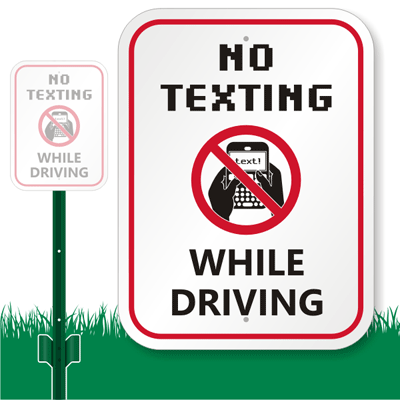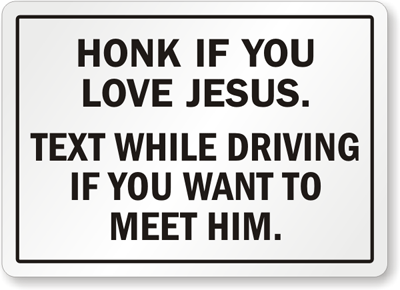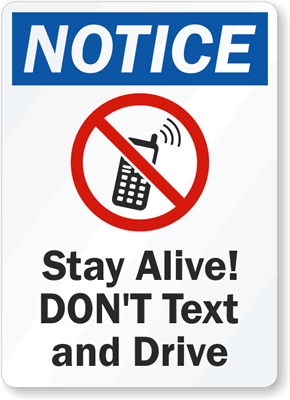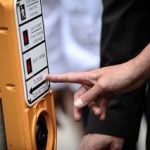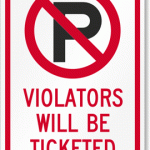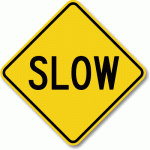Idaho’s Texting and Driving Ban: Why Awareness Campaigns Will Fare Better
Idaho makes texting and driving a primary offense .
June 27, 2012 — Starting next week, Idaho will become the 37th state to ban texting and driving, making it a primary offense. The bill defines texting as “engaging in the review of, or manual preparation and transmission of, written communications via handheld wireless devices.” The ban comes on the heel of several high-profile car crashes in Idaho as well as reports that reveal shocking figures: between 2008 and 2010, 192 people were killed and over 1,500 were seriously injured in car crashes due to texting and driving. For Idaho drivers, the new measure mandates that texting while driving is now a primary offense — meaning police can pull over texting drivers and issue a ticket for $81.50.
Urgency is mounting nationwide to address the prominence of texting while driving, especially after a New Jersey couple sued a teenager when he swerved into their motorcycle — while he texting his girlfriend. The astonishing part of the case was that the prosecutor tried to pin responsibility on the teen’s girlfriend, who, though not physically in the car, was “electronically present.” The judge struck down the charge but the case has brought texting and driving back to the national stage.
On texting and driving .
In response to texting and driving accidents, states have imposed harsher penalties. For instance, the New Jersey Senate Committee on Public Safety has approved a measure to increase fines from $100 to $200 for the first offense. Repeat offenders could face a 90-day license driver’s license suspension. State Senator Dick Codey, who endorsed the bill, has publicly hailed the recent texting and driving campaigns as another measure for safer roads, on top of the drunk-driving campaigns that have been in effect for years. Other states have followed suit and increased penalties: California approved a bill that would increase the fine for drivers caught texting from $20 to $30 – and from $50 to $60 for a subsequent offense. In a larger move, Connecticut has increased fines for using texting and driver from $100 to $125 for the first offense, from $150 to $250 for the second, and from $200 to $400 for the third and subsequent violations.
However, harsher penalties like license suspension or increased fines may not be the answer to texting and driving. In fact, a 2010 study by the Highway Loss Data Institute has found that current texting bans fail to reduce the amount of car crashes. Gary Biller, president of the National Motorists Association, an organization dedicated to upholding drivers’ rights, agrees and argues that harsher penalties will do little to change driver’s texting behavior. Instead, Biller advocates for more awareness and driver education. Since most of the population uses cell phones and some 40% of all American teens admit to having been in a car when the driver was texting and driving, it is unlikely that a texting ban or fine increase will change the American mindset overnight.
Save lives by educating drivers on the dangers of texting while driving .
Instead, drivers’ education programs can highlight driving and cell phone laws and stress the importance of text-free driving, with little cost to police manpower. Many texting and driving awareness campaigns are already in place. Educational campaigns are also a lot easier to implement than penalties. Texting looks the same as checking phone GPS, and police may violate privacy rights by searching drivers’ text history to determine if someone was texting while driving. Officers need a warrant to examine a phone, which means they must first demonstrate probable cause that the texting contributed to a crash, itself difficult to prove without phone records. With the increase in texting comes an increase in driving while texting, but education over regulation might be the answer.
– N. Gilliat
Related Posts
Category: News, Regulations











